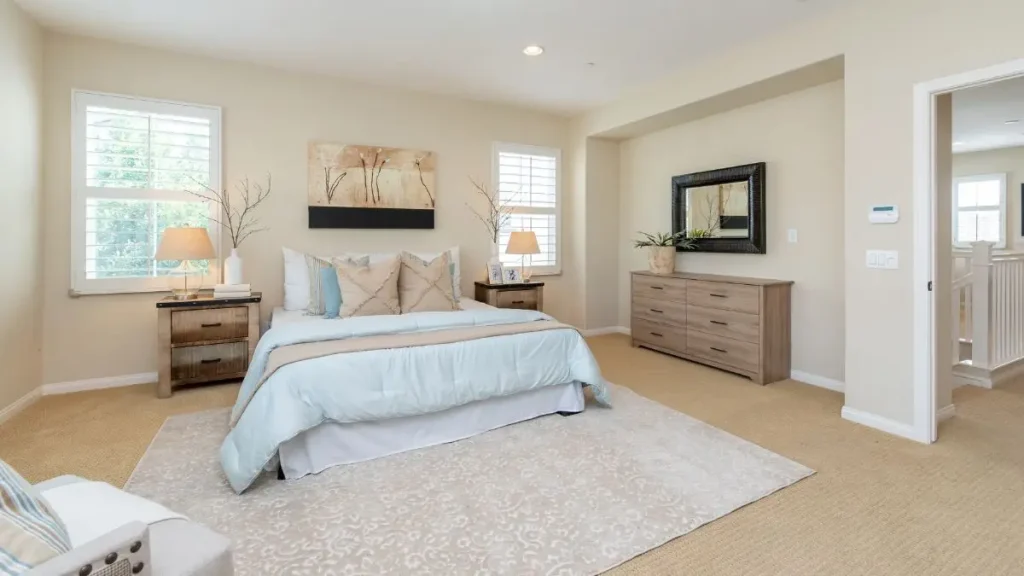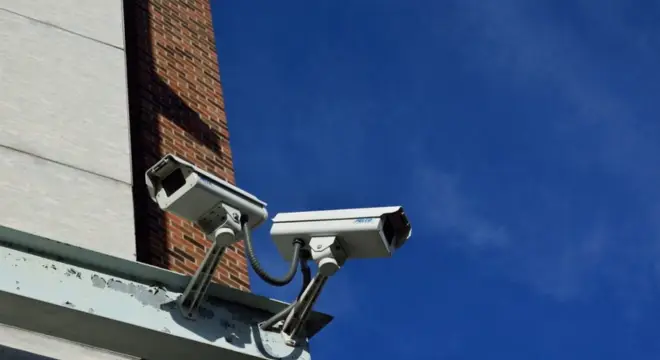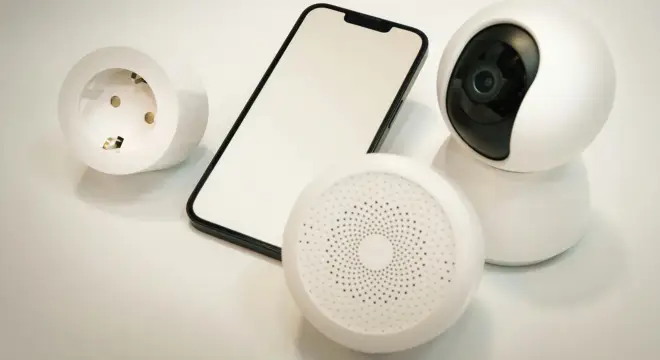Delivery Driver Shot After Asking for Directions: Where Did Home Security Go Wrong?
Home security is a crucial concern for many homeowners, but it’s not just about preventing intruders. Sometimes, the real threat comes from how we react when faced with uncertainty. The desire to protect one’s family can lead to rash decisions that escalate a harmless situation into a dangerous one.
In a world where fear can sometimes overshadow reason, it’s important to remember that home security isn’t just about the physical barriers—it’s also about mental preparedness. This article will explore how fear-based reactions can lead to tragic outcomes, and what we can do to avoid such consequences.
News Incident: The DoorDash Shooting and Its Consequences
On May 2025, NY Police stated a tragic event unfolded in Chester, New York, where a DoorDash driver, Deyaris Gonzalez, was shot after approaching the wrong house while asking for directions. Gonzalez had mistakenly gone to the home of a frightened homeowner who believed their safety was at risk.
The homeowner, feeling threatened by the unexpected knock on the door, opened fire, resulting in the injury of the delivery driver. This incident underscores the dangers of misjudging situations and fear-driven overreactions.
The incident highlights how simple misunderstandings can quickly escalate when fear takes control. This shooting serves as a reminder of the importance of calm decision-making in moments of uncertainty. The unfortunate event has sparked discussions about home security practices, gun ownership, and the potential consequences of acting out of fear.
The Psychology of Home Security Overreaction
The fear of a break-in or unexpected threat is deeply embedded in the human psyche, especially in today’s climate of rising crime narratives and constant alerts. When something unexpected happens—like a stranger approaching late at night or knocking without notice—the brain quickly shifts into defense mode. This reaction is amplified when combined with past trauma, news reports, or personal insecurity.
But this instinct, while natural, can be dangerously misleading. Without clarity, fear distorts perception. A harmless interaction can feel like a threat. A confused visitor can appear like an intruder. And in homes where firearms are readily accessible, that misinterpretation can have immediate, irreversible consequences.
In such moments, the desire to protect becomes entangled with panic, and the ability to pause, assess, or seek clarity diminishes. That’s where the real danger lies—not in the presence of a threat, but in the rapid assumption that one exists.
Why Overreaction Is Dangerous in Home Security

Homeowners often take pride in being prepared for any unexpected situation, especially when it comes to the safety of their family and property. But when that readiness turns into immediate aggression, the line between safety and danger blurs. Overreacting doesn’t just increase the chance of harming an innocent person — it also creates a legal, moral, and emotional aftermath that can haunt the homeowner for years.
Reacting too quickly, especially with force, transforms what could have been a harmless moment into a headline-making tragedy. In most cases, the perceived threat turns out to be a misunderstanding. But by then, the damage is done — and it’s often irreversible. The idea of protection gets overshadowed by the consequences of haste.
Take a look inside Domino’s founder’s $8.75 million estate, where home security meets extreme luxury.
How Fear Alters Decision-Making at the Doorstep
Fear doesn’t wait for facts. It pushes a person into making decisions with speed, not sense. When someone knocks unexpectedly, especially in a tense or unfamiliar situation, fear can distort what’s real. Instead of seeing a lost delivery driver or a confused visitor, the brain paints a worst-case scenario. And in that moment, the mind prepares to defend — whether or not there’s an actual threat.
This altered state of perception strips away logic. It makes people forget to ask, to pause, to check. The only goal becomes self-protection, and any hesitation feels dangerous. That’s how fear overrides judgment. And in a world where people are encouraged to act fast in the name of safety, that fear can lead to choices they never thought they’d make — with outcomes they never intended.
Gig Workers’ Safety Concerns
For gig workers — especially those in delivery, rideshare, and service-based roles — approaching unfamiliar homes is part of the job. Yet with rising incidents like the one in Chester, New York, their safety is becoming an overlooked risk. These individuals often work in unfamiliar neighborhoods, sometimes at odd hours, with no guarantee of how they’ll be received at the door.
The fear of being mistaken for a threat is real. And while homeowners worry about intrusions, gig workers now have to fear reactions. A wrong address, a delayed GPS signal, or simply knocking on the wrong door can lead to confrontation or even violence.
The growing tension between personal security and public-facing jobs like delivery creates a climate where both sides feel unsafe — and that’s a serious concern for how society balances convenience and caution.
Improvement Tips for Homeowners

To create a safer environment for both homeowners and visitors, a more balanced approach to home security is essential. Here are practical steps homeowners can take to improve safety without falling into overreaction:
- Install a video doorbell or intercom system so you can see and speak to anyone before opening the door.
- Place clear address markers and lighting outside your home, which can reduce confusion for delivery personnel.
- Create a personal protocol for what to do when someone unexpected knocks — such as observing first, asking questions, and avoiding immediate escalation.
- Educate household members on how to react calmly in uncertain situations.
- Keep non-lethal deterrents accessible instead of relying solely on firearms for defense.
- Understand local laws on self-defense and use of force, so you’re not acting based on assumptions.
- Report any suspicious activity to authorities rather than trying to handle it all yourself.
These steps not only reduce the risk of tragic mistakes but also contribute to a more secure and respectful neighborhood environment.
Conclusion
Home security is about more than just locks and alarms — it’s about judgment, awareness, and restraint. The tragic incident in New York highlights what can happen when fear overtakes clarity, and assumptions replace communication. As homeowners, the responsibility isn’t just to protect our space, but also to ensure our actions don’t harm those who mean no threat. With the right mindset and measured actions, safety can be achieved without unnecessary risk — for both residents and those who arrive at their doors.
For more insights on safe and responsible homeownership, evolving security trends, and real-world incidents that shape the way we think about protection — visit our website for expert-backed articles and updated news.
Disclaimer: This article is intended for informational purposes only. It does not provide legal advice, psychological counseling, or professional security recommendations. Readers are encouraged to consult local authorities or certified experts when making decisions related to home defense or legal matters.


